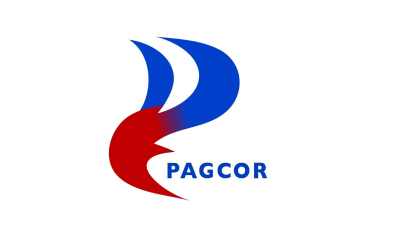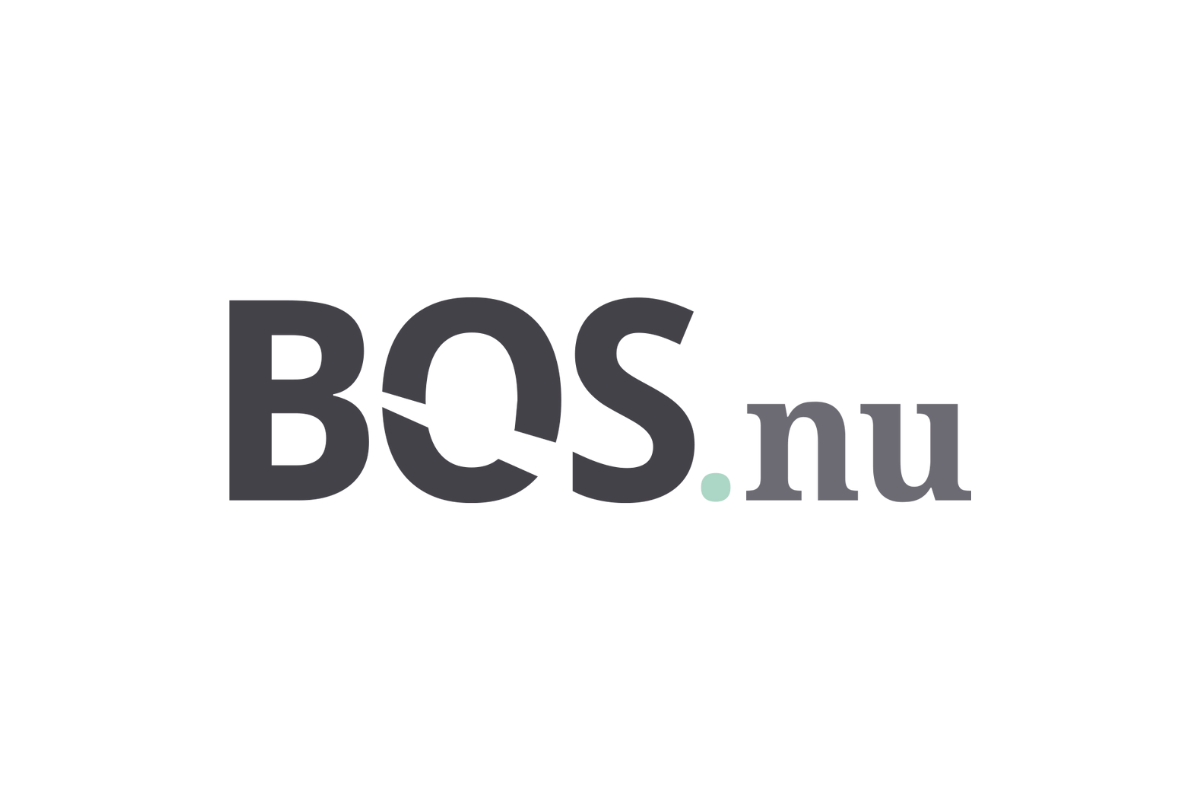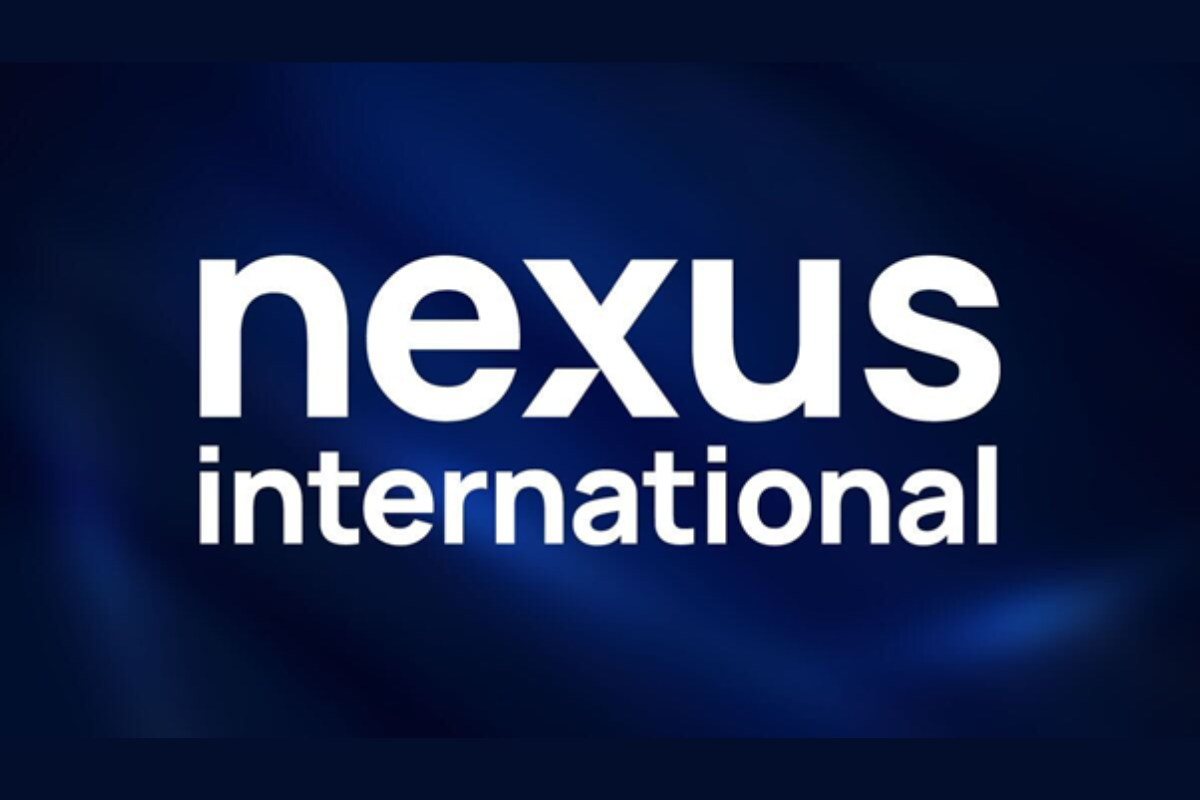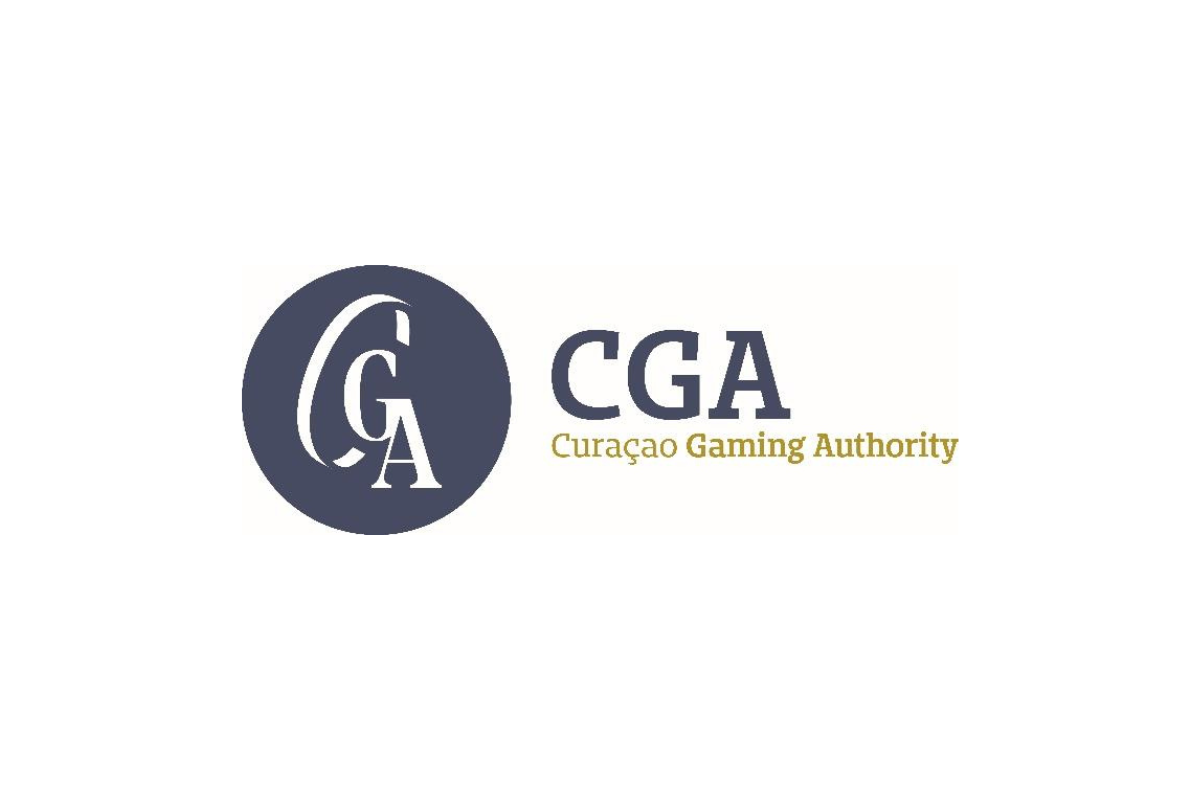Latest News
Nexus International Hit $400M Without Funding – Now CEO Gurhan Kiziloz Aims For $1.45B

Gurhan Kiziloz, the founder and CEO of Nexus International, has confirmed the company’s commitment to a self-financed growth strategy as it targets $1.45 billion in annual revenue by the end of 2025. The company, which generated $400 million in 2024, has operated without outside investment since its inception, a notable deviation from the venture-backed path taken by many firms in the digital entertainment and gaming sectors.
Megaposta, Nexus International’s flagship gaming platform, has been the primary engine of its revenue growth, particularly in Brazil. In 2024, the platform accounted for the majority of the company’s $400 million in revenue, following early traction and the acquisition of a formal gaming license in the country. While Nexus has not disclosed detailed user metrics or engagement data, the financial results point to consistent market interest, supported by region-specific marketing strategies and adherence to regulatory frameworks.
In a recent interview, Kiziloz outlined the rationale behind Nexus’s funding model. “We’ve built the business using internal resources and intend to continue growing in this way,” he said. For him, the absence of external investors is not just a structural choice but a strategic one. Without board-level oversight or equity dilution, Nexus is able to make decisions quickly and implement them without external approval. Kiziloz views this autonomy as essential to maintaining the company’s pace and agility.
That model comes with trade-offs. Growth is fueled by reinvested earnings, which limits the company’s spending power compared to investor-backed competitors. There is no fallback in the form of capital reserves raised through venture rounds, and the pressure to remain profitable, at least cash-flow efficient, sits entirely with the executive team. Still, Kiziloz remains firm in his belief that internal capital offers better alignment with long-term objectives. “We don’t need external investors,” he said. “Centralized control works best for us because we know what we’re doing and we move fast.”
Nexus’s success in Brazil was not the result of a detailed expansion blueprint. Instead, the company entered the market based on early response to its marketing efforts and adapted as traction developed. According to Kiziloz, “We launched the marketing and the user base responded. It wasn’t something we had mapped out in detail.” This reactive strategy has since become a hallmark of the company’s approach, emphasizing real-time feedback over long-term planning documents.
The founder’s relationship with failure is also notable. Rather than avoiding it, he openly acknowledges it as part of the operating cycle. “There isn’t one standout failure; there have been dozens,” he said. Each setback, he suggests, has played a role in refining the company’s decision-making framework. While Nexus now operates at a global scale, its culture remains built around adaptability and iteration.
Kiziloz’s leadership style reinforces this ethos. He favors instinct over exhaustive analysis and keeps decision-making tightly controlled within the top leadership. “I don’t spend time dwelling on setbacks,” he noted. “My priority is forward movement.” At the same time, he delegates most of the operational execution and detail-oriented work to his senior team, allowing him to focus on strategic direction and market-level decisions. This clear division of responsibilities has enabled Nexus to maintain speed without losing operational discipline, an important balance as it prepares for further expansion.
Despite the company’s consistent growth, internal financial metrics beyond revenue remain private. Nexus has not disclosed profitability figures, customer acquisition costs, or market share estimates. This lack of transparency is typical for privately held, self-funded companies, but it leaves external observers with a limited view of the firm’s underlying financial health. Still, Kiziloz’s estimated net worth, valued at approximately $700 million in 2024, offers an indirect measure of the company’s performance. As the majority owner, his financial standing is closely tied to Nexus’s operational success.
Looking ahead, the company’s ambition to more than triple revenue in under two years poses considerable operational demands. Scaling in new markets will require compliance with varying regulatory environments, strategic localization, and competitive positioning against incumbents. It also raises the question of whether Nexus can maintain the same level of flexibility as it transitions into more complex markets with stricter oversight and public accountability expectations.
For now, Nexus International remains firmly rooted in a model defined by independence, speed, and adaptation. While its self-financing strategy sets it apart, it also brings with it heightened responsibility. The next phase of growth will test whether that model can deliver at a greater scale, and under greater scrutiny. As the company moves closer to its $1.45 billion target, its trajectory offers a rare case study in founder-led, capital-efficient expansion at the upper end of the global gaming sector.
-

 Asia7 days ago
Asia7 days agoPAGCOR: Online Gaming fuels nation-building, but illegal sites pose risks
-

 Latest News7 days ago
Latest News7 days agoThe Next Big Step in Online Casinos From Mobile Gaming to the Metaverse
-

 Africa6 days ago
Africa6 days agoMulaSport launches Kiron’s data-lite Soccer Game across 5 countries in Africa
-

 Asia6 days ago
Asia6 days agoGalaxy Entertainment Opens New Overseas Office in Singapore
-

 Industry Awards6 days ago
Industry Awards6 days agoBETBY SUCCESSFULLY WRAPS SiGMA EUROMED 2025 PARTICIPATION WITH SPORTSBOOK RECOGNITION
-

 Compliance Updates6 days ago
Compliance Updates6 days agoBOS in letter to the Government: appoint a new Gambling Inquiry
-

 Central Europe6 days ago
Central Europe6 days agoCT Interactive grows its certified game portfolio in the Slovak market
-

 Compliance Updates6 days ago
Compliance Updates6 days agoDutch Gambling Regulator to Amend its Remote Gambling Licensing Policy Rules


























